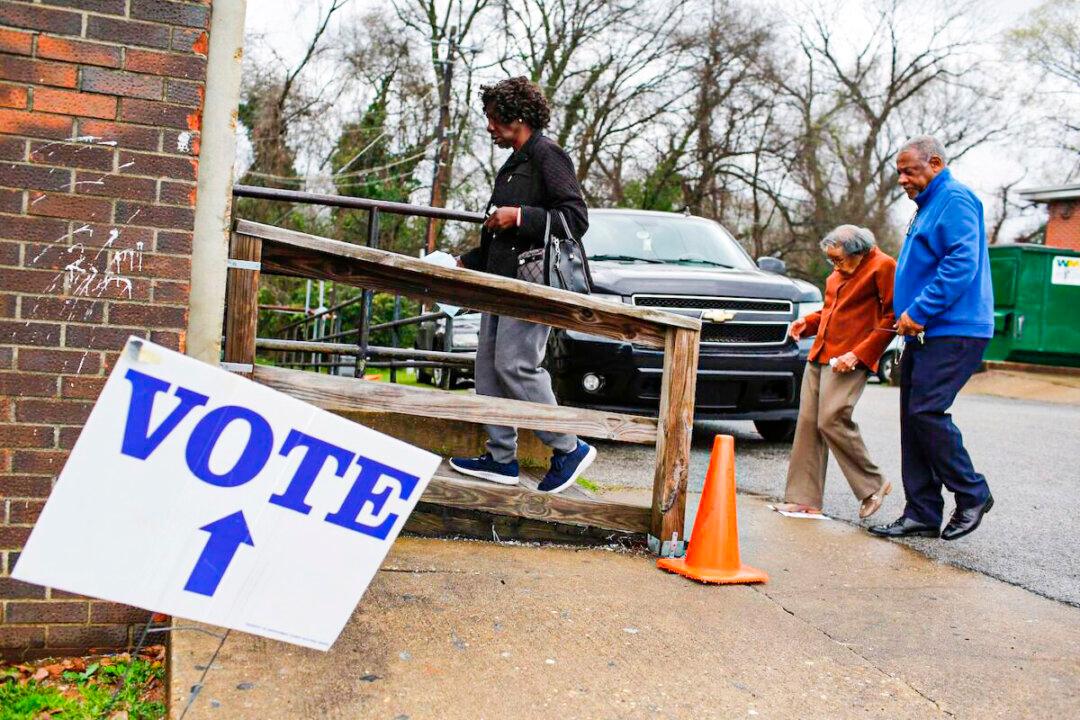A voting rights group has filed a lawsuit challenging an Alabama law that increased penalties for crimes committed against election officials and expanded the list of crimes that disqualify an individual from voting in local, state, and federal elections.
The Campaign Legal Center (CLC), which represents two Alabama voters with past felony convictions, filed a complaint on July 18 challenging House Bill 100, which deals with disqualification from voting because of felony convictions involving “moral turpitude.”





